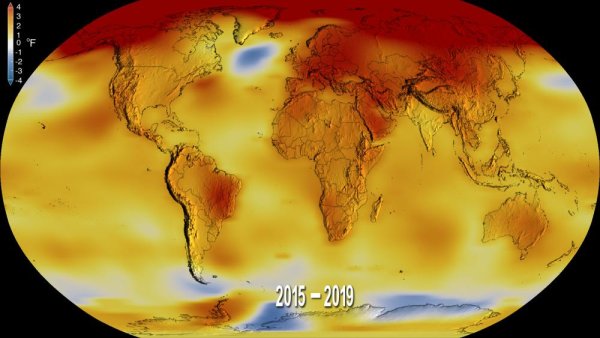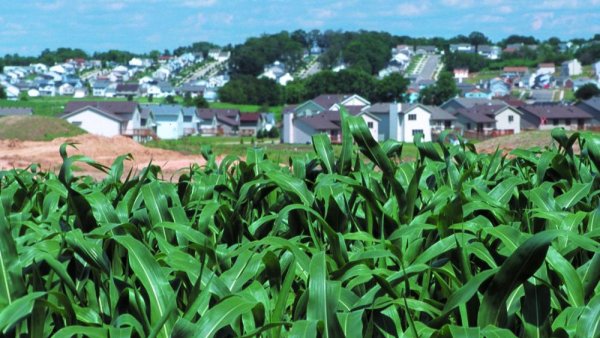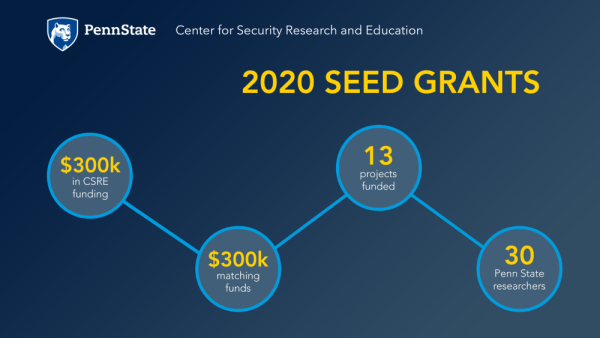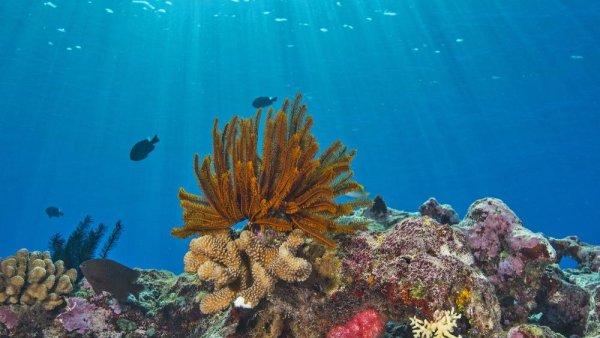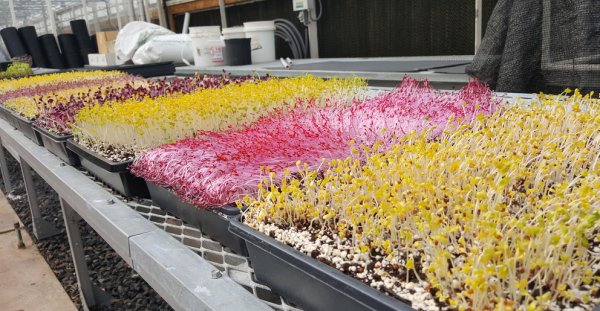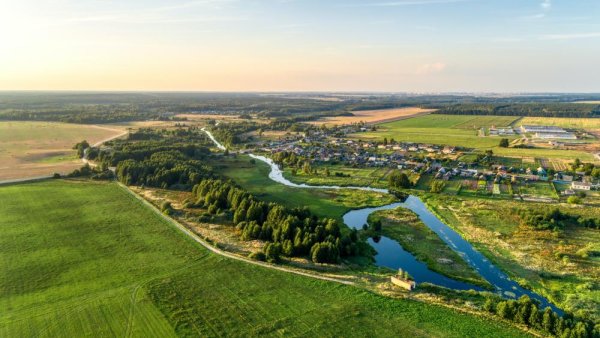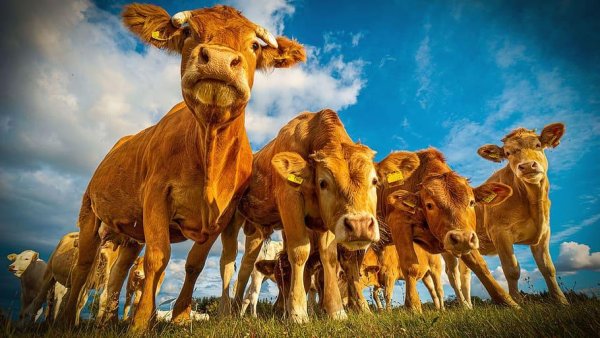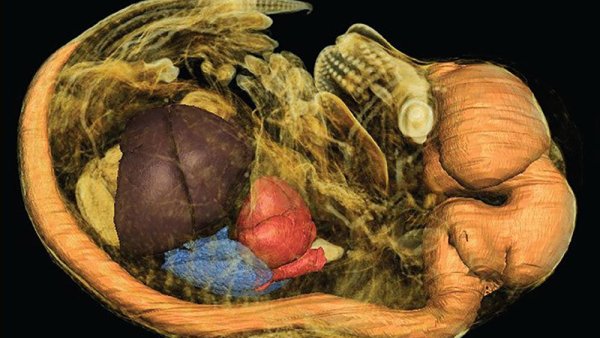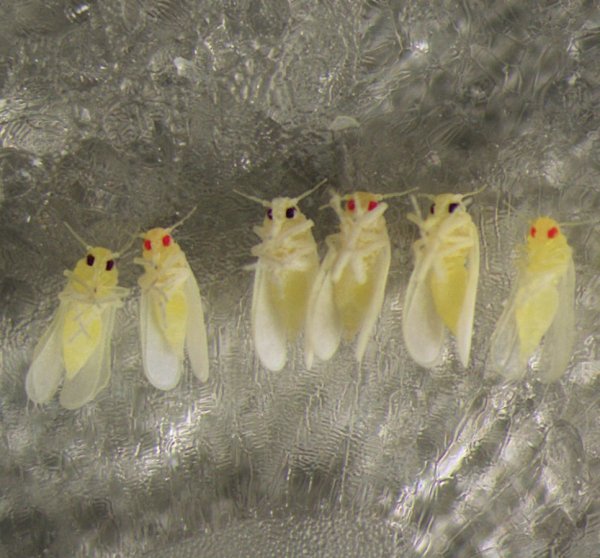Seminars to examine climate science, carbon emissions at Penn State
| psu.edu
The Earth System Science Center has announced the lineup for its fall 2020 Climate Dynamics seminar series. The series will focus on recent advances in climate science and plans for reducing greenhouse gas emissions at Penn State. The seminars, which are free and open to the public, take place from 11:15 a.m. to 12:30 p.m. on Wednesdays via Zoom.
Researchers aim to create thriving agricultural systems in urbanizing landscapes
| psu.edu
A team led by Penn State College of Agricultural Sciences researchers is almost a year into a five-year study aimed at creating economically and environmentally sustainable agricultural systems in the face of development pressures and other challenges of urbanization.
Center for Security Research and Education announces seed grant awardees
| psu.edu
The Center for Security Research and Education (CSRE) has selected 13 interdisciplinary projects through its spring 2020 seed grant program. CSRE is providing a total of $300,000 in funding for the projects, with an additional $300,000 in matching and supplemental funding from other colleges, departments, and institutes.
Coral researchers recognized for significant contributions to field
| psu.edu
Iliana Baums and her research team were recognized by members of the coral reef community as making significant contributions to coral reef research.
Ecology Institute announces grant recipients
| psu.edu
The Ecology Institute has awarded 11 proposals from across the University as part of its Flower Grant program, including five projects submitted by faculty at Commonwealth Campuses. The funds provided by the Flower Grant aim to support ecology research focused across the institute’s five core themes.
Research team to study food resilience in the face of catastrophic global events
| news.psu.edu
In the midst of the COVID-19 pandemic, we have all become aware of how a global crisis can affect our access to food. But imagine the food security impacts of an even worse scenario — an all-out nuclear war, a large asteroid strike, or a supervolcano eruption.
Penn State promotions in academic rank, effective July 1, 2020
| psu.edu
The following is a list of academic promotions for tenured and tenure-line faculty members at Penn State, effective July 1.
New institute to help address complex food-energy-water-land challenges
| psu.edu
The seed for Penn State’s Institute for Sustainable Agricultural, Food, and Environmental Science was planted well before the COVID-19 outbreak. The concept had been growing in the College of Agricultural Sciences for about two years when the pandemic emerged.
Computer models may add sizzle to plans to make cultivated meat alternatives
| psu.edu
Penn State chemical engineers suggest that using computers to analyze the metabolic needs of livestock animal growing cells – or genome-scale metabolic modeling -- could help food scientists design processes and growth media that produce meat at scales suitable for commercialization.
Penn State lab develops new procedures to improve high-quality scanning
| psu.edu
CQI developed new processes that resulted in a high-resolution scan 3D segmented rendering of a contrast-enhanced fetal mouse, which was chosen as the cover image for the journal Developmental Dynamics.
Warming Midwest conditions may result in corn, soybean production moving north
| psu.edu
If warming continues unabated in the Midwest, in 50 years we can expect the best conditions for corn and soybean production to have shifted from Iowa and Illinois to Minnesota and the Dakotas, according to Penn State researchers.
Gene-editing protocol for whitefly pest opens door to control
| news.psu.edu
Whiteflies are among the most important agricultural pests in the world, yet they have been difficult to genetically manipulate and control, in part, because of their small size. An international team of researchers has overcome this roadblock by developing a CRISPR/Cas9 gene-editing protocol that could lead to novel control methods for this devastating pest.

